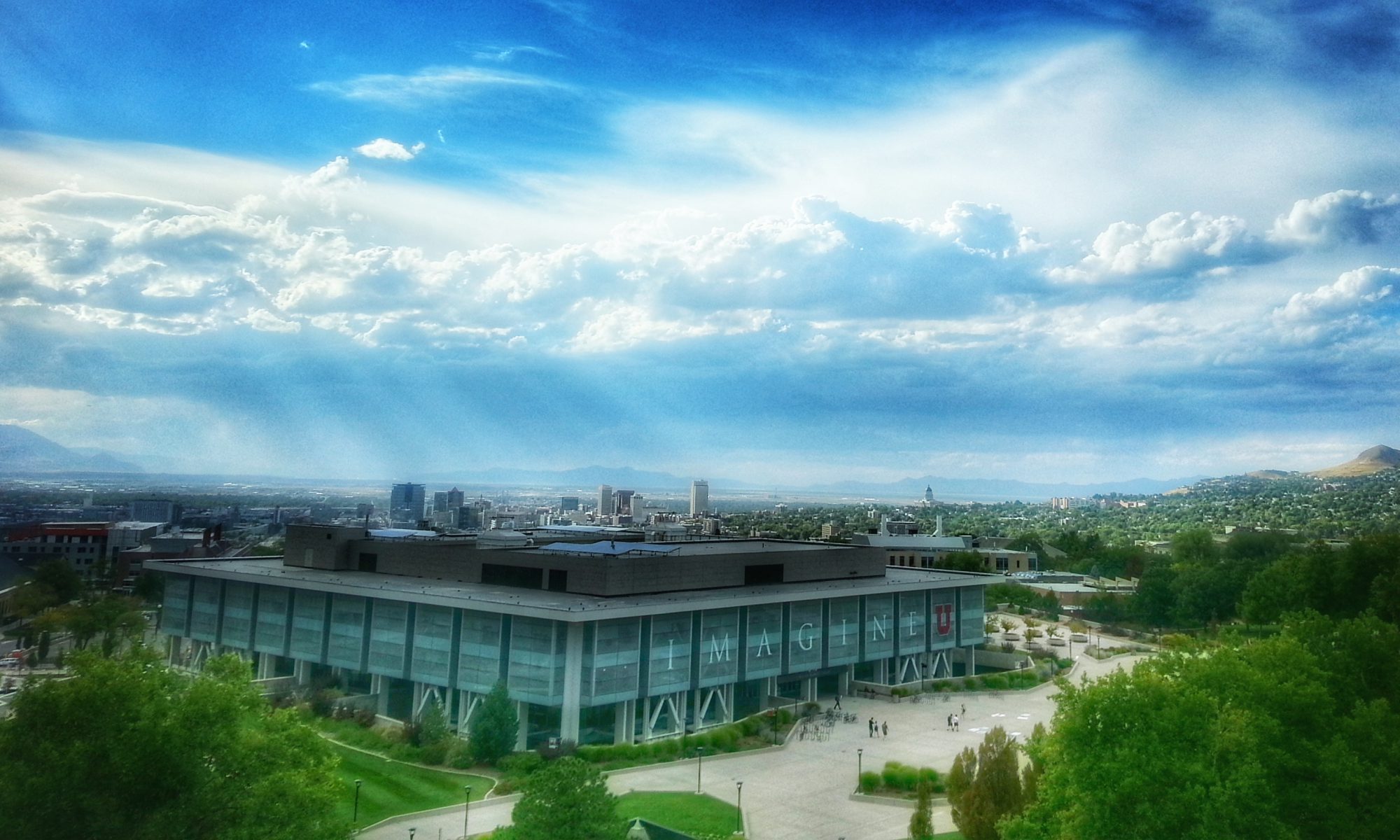LIFE MEETING THE NEED OF MAN’S EVERY CASE
The Need Of The Thirsty —
Life’s Quenching
Verses:
John 7:1-10
1 And after these things Jesus walked in Galilee, for He would not walk in Judea, because the Jews were seeking to kill Him.
2 Now the Jews’ Feast of Tabernacles was near.
3 His brothers therefore said to Him, Depart from here and go into Judea, so that Your disciples also may behold Your works which You are doing;
4 For no one does anything in secret and himself seeks to be known openly. If You do these things, manifest Yourself to the world.
5 For not even His brothers believed into Him.
6 Jesus therefore said to them, My time has not yet come, but your time is always ready.
7 The world cannot hate you, but it hates Me, because I testify concerning it, that its works are evil.
8 You go up to the feast; I am not going up to this feast, because My time has not yet been fulfilled.
9 And having said these things to them, He remained in Galilee.
10 But when His brothers had gone up to the feast, then He Himself also went up, not openly, but as it were in secret.
John 7:37-39
37 Now on the last day, the great day of the feast, Jesus stood and cried out, saying, If anyone thirsts, let him come to Me and drink.
38 He who believes into Me, as the Scripture said, out of his innermost being shall flow rivers of living water.
39 But this He said concerning the Spirit, whom those who believed into Him were about to receive; for the Spirit was not yet, because Jesus had not yet been glorified.
Ministry Excerpts:
Now in chapter seven we come to the sixth case—the need of the thirsty. This case is in contrast with the fifth case, the need of the, hungry. In the previous case the Lord is clearly revealed as the bread of life to satisfy our hunger, but in this case the Lord brings the flow of living water to quench our thirst. In the fifth case the people are hungry, but in the sixth case they are thirsty. The fifth case presents the living bread, and the sixth case introduces the living water. The bread of life is for hungry people, and the rivers of living water are for thirsty people. For the thirsty, Christ is the quenching life. He is the very life that is able to quench man’s thirst.
THE SCENE OF THE FEAST OF TABERNACLES
The sixth case is a continuation of the fifth case, because the matter of food is related to water. In this connection, there is also another contrast. In the scene of the fifth case, there was the feast of the Passover. In the scene of this case in chapter seven, there is the feast of Tabernacles. The feast of the Passover is the first of the annual Jewish feasts, and the feast of Tabernacles is the last (Lev. 23:5, 34). The feast of the Passover, as the first feast of the year, implies the beginning of man’s life (cf. Exo. 12:2-3, 6), which involves man’s seeking for satisfaction and results in man’s hunger. The feast of Tabernacles, as the last feast of the year, implies the completion and success of man’s life (cf. Exo. 23:16), which will end and result in man’s thirst. In the scene of the feast of the Passover, the Lord presented Himself as the bread of life, which satisfies man’s hunger. In the scene of the feast of Tabernacles, the Lord promised that He would flow forth the living water, which quenches man’s thirst.
After the full harvest of their crops, the Jewish people observed the feast of Tabernacles to enjoy what they had reaped in the worship of God (Exo. 23:16; Deut. 16:13-15). Hence, this feast signifies the completion, achievement, and success of man’s career, study, and other matters of human life, including religion, with the joy and enjoyment thereof. Thus, the feast of Tabernacles implies the completion of your job, achievement, and career. Although you may be successful in your occupation or career, you must realize that it will all issue in thirst. Eventually, after working your entire life, you will be thirsty, because everything has a last day. Everything ends. The last day is always a great day. After people attain a certain success, other people will give them a memorial day. A person’s memorial day is always his last day. It is the end, and the end is empty. It results in thirst. In John 6 we have the beginning of life, which results in hunger; in John 7 we have the success and completion of life, which end in thirst. The previous case sets forth the people laboring, working, seeking, and striving to find something to satisfy their hunger, but they fail to get it. This case sets forth the people already having everything they need, but they find that it does not quench their thirst. They have obtained everything; they have enjoyed everything. But with all of their success, with all of their gain, even with all of the things connected with their feasts—their religion and their temple—their thirst cannot be quenched. Therefore, these two cases compare those who are working with those who are resting. Nevertheless, regardless of whether you are working or resting, you cannot fill your hunger or quench your thirst.
Which feast are you attending—the feast of the Passover or the feast of Tabernacles? Regardless of which feast you are attending, you are still hungry or thirsty. Whether you are in a poor or rich condition, whether you are in a state of poverty or plenty, you will realize that you are either hungry or thirsty.
LIFE’S CRY TO THE THIRSTY ONES
On the last day of the feast, the great day, Jesus stood and cried out to the thirsty ones (7:37-39). The last day signifies the ending of all the enjoyment of any success in human life. Regardless of the kind of success you have, there will be a last day. For instance, although you may have a marvelous marriage, your marriage will not last forever.
While the people were being dismissed on the last day of the feast, the Lord stood up and cried, “If anyone thirst, let him come to Me and drink” (7:37). The people were not satisfied. The things that they were enjoying during the past seven days had failed to quench their thirst. If they would come and drink of Christ, they would have rivers of living water flowing out from within their innermost being. The living water is the Holy Spirit who will flow out of the smitten rock.
If you study the biographies of the saints, you will discover many other similar stories. Many people who were highly educated, very successful, and very wealthy had much to rejoice in, but eventually they felt that they had failed because everything became dry to them. But then came the call, “Whoever is thirsty, come to Me and drink.” Although you may be enjoying many good days, there will eventually come the last day when all of your enjoyment is over and you will feel thirsty. Remember, it is only the Lord Jesus Himself who can offer you the living water to quench your thirst.
The Lord Jesus said, “He who believes in Me, as the Scripture said, out of his innermost being shall flow rivers of living water” (7:38). In 4:14 the Lord said that whoever drinks of the water that He gives us will have in him a spring of water welling up into eternal life. In chapter seven the Lord goes somewhat further, saying that anyone who drinks of Him will have the flow of the rivers of water of life. The Lord did not speak of just one flow but of rivers. The unique river of living water is the Holy Spirit. Out of this unique river, many rivers will flow out. These “rivers of living water” are the many flows of the different aspects of life (cf. Rom. 15:30; 1 Thes. 1:6; 2 Thes. 2:13; Gal. 5:22-23) of the one unique “river of water of life” (Rev. 22:1), which is God’s “Spirit of life” (Rom. 8:2). One river is the river of peace, and other rivers are joy, comfort, righteousness, life, holiness, love, patience, and humility. I do not know how many rivers there are. These rivers of living water flow out from the depths of our being. This is Christ as life. In the principle set forth in chapter two, this flowing of the rivers of living water is also the changing of death into life. Death is of the source of the tree of knowledge, and life is of the source of the tree of life.
Verse 39 says, “But this He said concerning the Spirit, whom those who believed in Him were about to receive; for the Spirit was not yet, because Jesus was not yet glorified.” Many Christians do not understand the words “not yet” in this verse. The King James Version adds the word “given” in italics, showing that the translators were troubled by this verse. But verse 39 does not mean that the Spirit “was not given”; it means that the Spirit was “not yet.” The Spirit was not there yet. The Spirit of God was there from the very beginning (Gen. 1:1-2), but the Spirit as “the Spirit of Christ” (Rom. 8:9), “the Spirit of Jesus Christ” (Phil. 1:19), was “not yet” at the time the Lord Jesus spoke this word, because He was not yet glorified. Jesus was glorified when He was resurrected (Luke 24:26). After His resurrection, the Spirit of God became the Spirit of the incarnated, crucified, and resurrected Jesus Christ, who was breathed into the disciples by Christ in the evening of the day He was resurrected (John 20:22). The Spirit is now the “another Comforter,…the Spirit of reality” promised by Christ before His death (John 14:16-17). When the Spirit was the Spirit of God, He had only the divine element. When He became the Spirit of Jesus Christ through Christ’s incarnation, crucifixion, and resurrection, He had both the divine and human element, with all the essence and reality of the incarnation, crucifixion, and resurrection of Christ. Hence, He is now the all-inclusive Spirit of Jesus Christ as the living water for us to receive.
We have seen that Jesus was glorified when He was resurrected. In resurrection, the Lord became the life-giving Spirit (1 Cor. 15:45). The last Adam, who was Christ in the flesh, became the life-giving Spirit in resurrection. Since then, the Spirit of Jesus Christ has both the divine and human elements, including the reality of the incarnation, crucifixion, and resurrection of Christ.
We may use the illustration of a glass of pure water into which many other ingredients are added. The pure water passes through one stage, and the milk is added. It passes through other stages in which honey, tea, and salt are added. Eventually, it becomes an all-inclusive drink. Before the pure water passed all these stations, such a wonderful drink was “not yet,” although the pure water in the glass was there already. Now it is an all-inclusive drink. Likewise, the Spirit promised by the Lord Jesus in 7:39 and 14:16-17 is not the Spirit with only divinity as His content, but the Spirit with divinity, humanity, the all-inclusive death, resurrection, and ascension. Now we not only have the Spirit of God, but also the Spirit of Jesus Christ. It is such an all-inclusive Spirit that gives us the flow of the rivers of water of life. (Life-study of John, msg. 17-18)
















